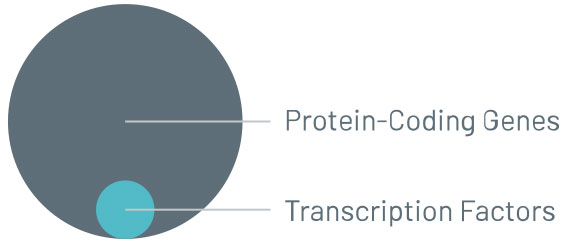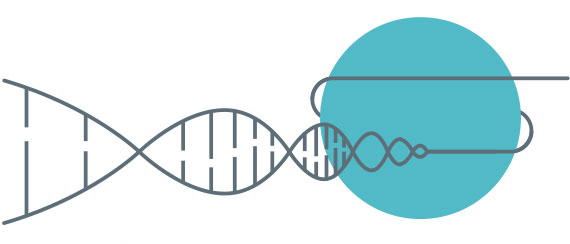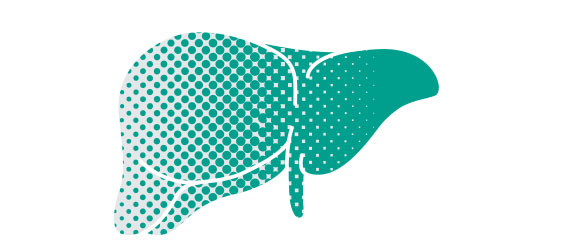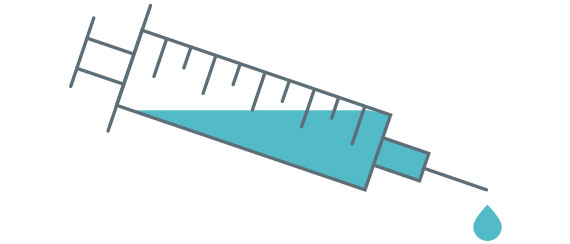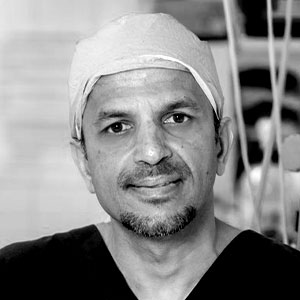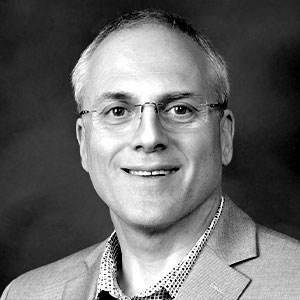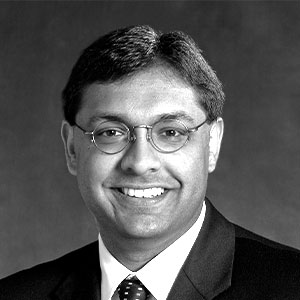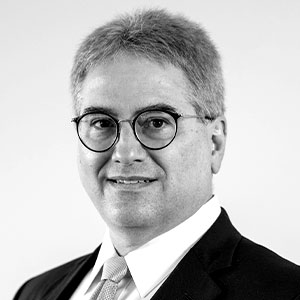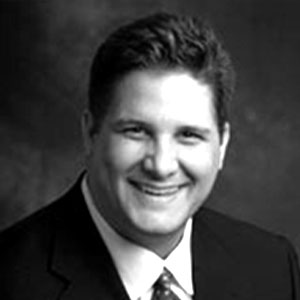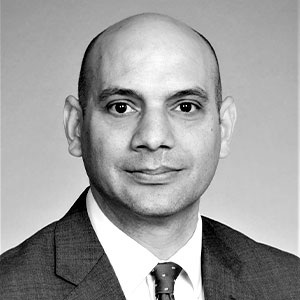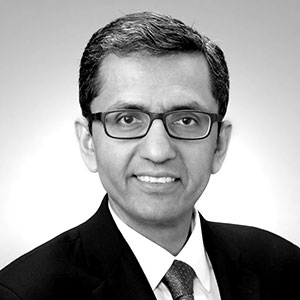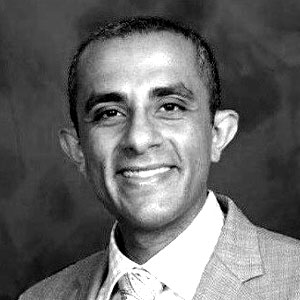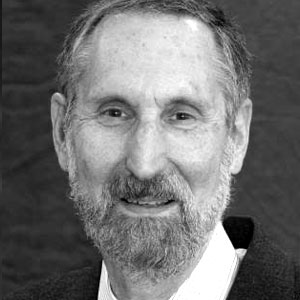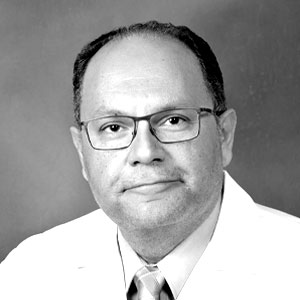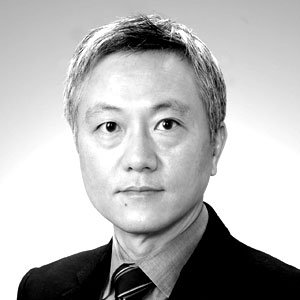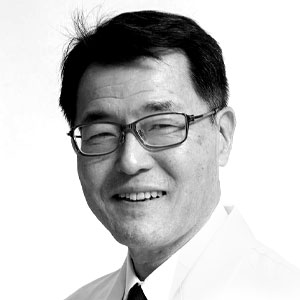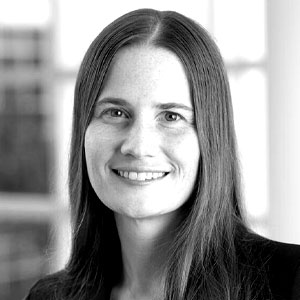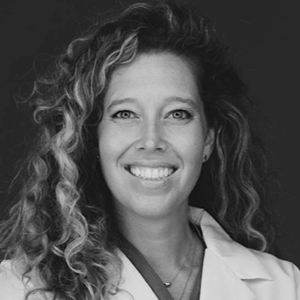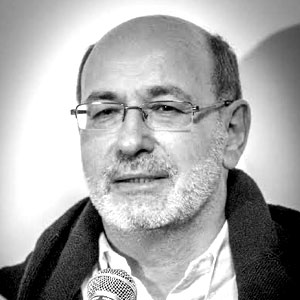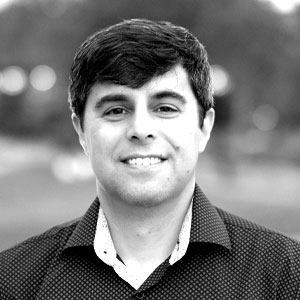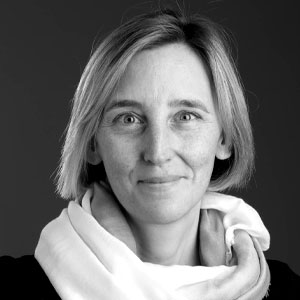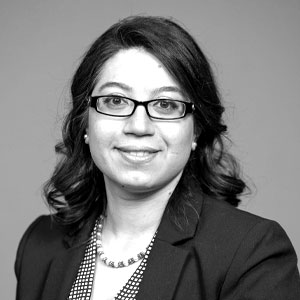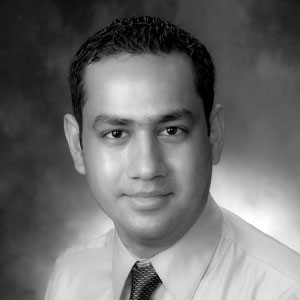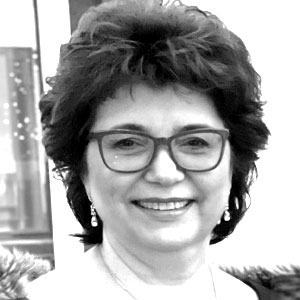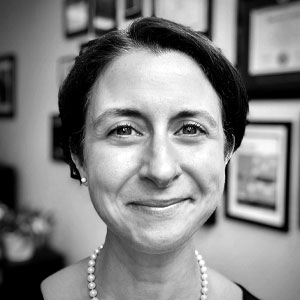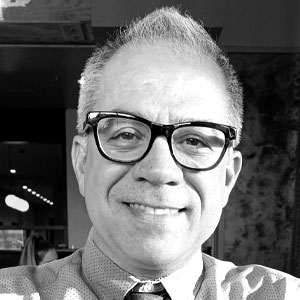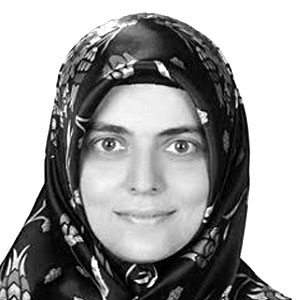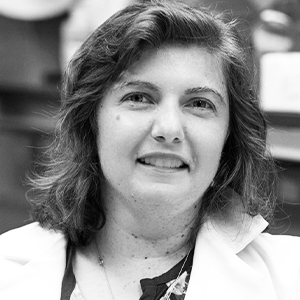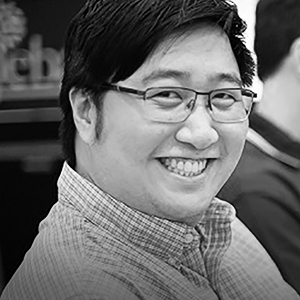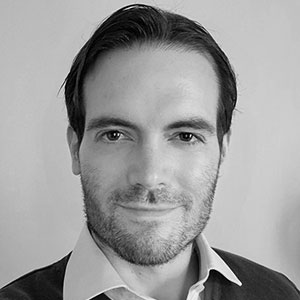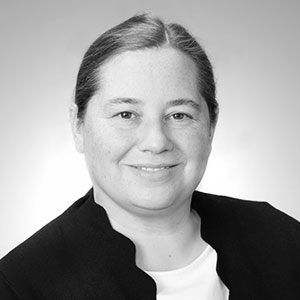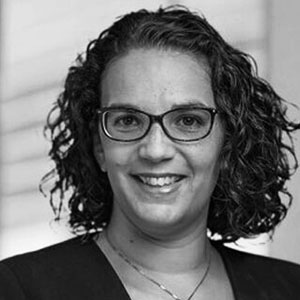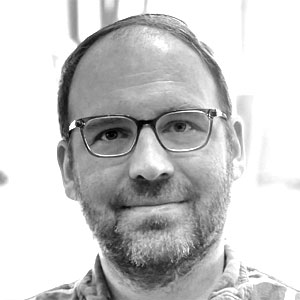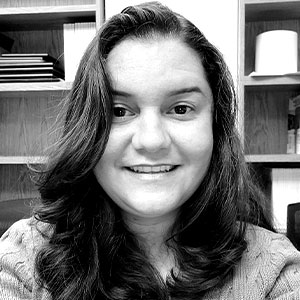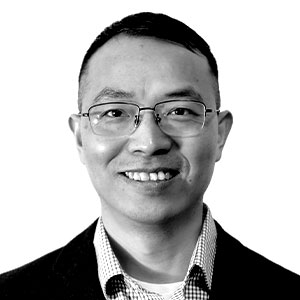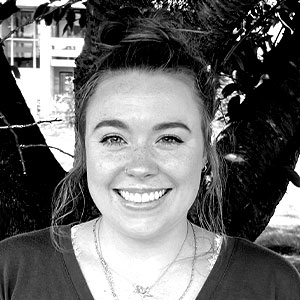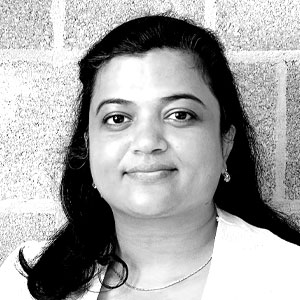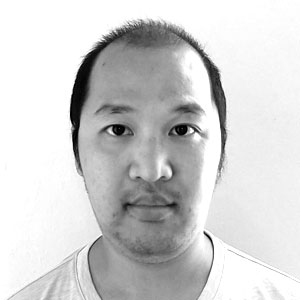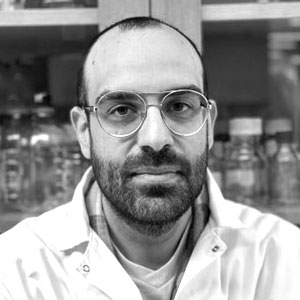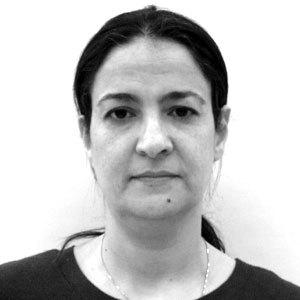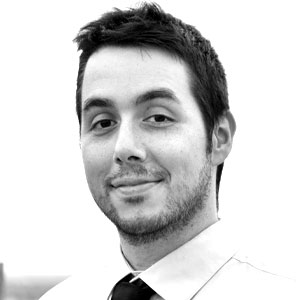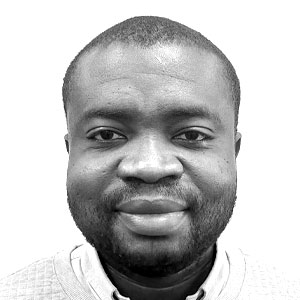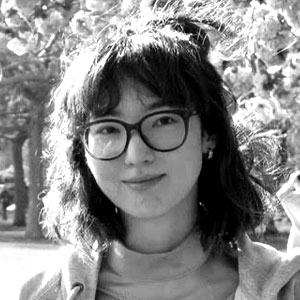The workflow of the Center starts with the identification of master regulators of functional identity of specialize epithelial cells using a pipeline that integrates capturing and processing human explanted organs (livers, kidneys, lungs, hearts) with end-stage failure in close collaboration with the Transplant teams at UPMC and the Department of Surgery.
Homepage
Translating discoveries
into diagnostics
and therapeutics

The main goal of the Center for Transcriptional Medicine is to catalyze the generation of a novel approach to reprogram chronically injured tissues and organs. This program integrates the best-in-class pipeline and teams of experts for the analysis, identification of master regulators, rapid synthesis and testing of targets and effective delivery to the target tissues in all-human experimental systems obtained from explanted organs with end-stage disease.
Our Approach
-
1
-
2
Human explanted tissues and processed cells are then computationally analyzed (e.g., transcriptomics, proteomics, metabolomics) to identify a framework that integrates patients’ orthogonal metabolic signatures and transcriptomes with clinical metadata for identifying and dissecting specific metabolic signatures and phenotypes that define end-stage organ failure.
-
3
Once transcription factors that work as master regulators are identified, nuclei acid-based medicines are manufactured and tested for efficiency and delivery in close collaboration with Nobel Prize winner Drew Weissman RNA Institute at UPENN to modify transcriptional programs and networks that affect functional phenotypes.

Leadership
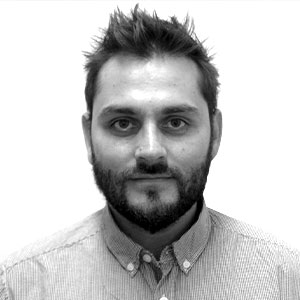
Professor in the Department of Pathology at the University of Pittsburgh.
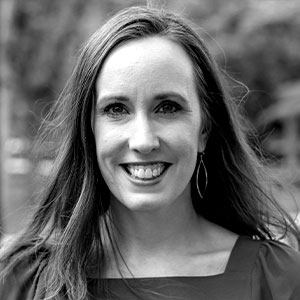
Assistant Professor in the Department of Biological Sciences.
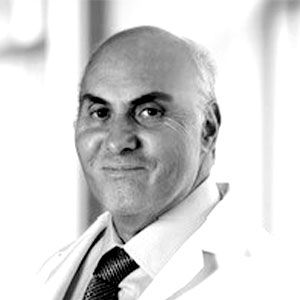
Roberts Family Professor in Vaccine Research and Director of the Penn Institute for RNA Innovation. He is a Professor in the Department of Medicine and Director of Vaccine Research in the Infectious Diseases Division at the Perelman School of Medicine at the University of Pennsylvania.
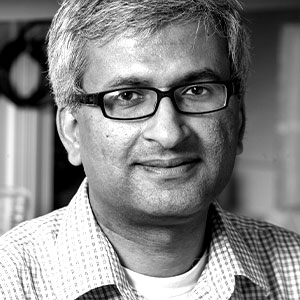
Professor in the Department of Biomedical Engineering and Department of Chemical Engineering at the University of Michigan.
Clinical Board
Connectors
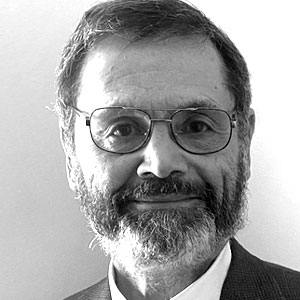
Professor, Pulmonary, Critical Care & Sleep Medicine Division
Department of Internal Medicine
University of Nebraska Medical Center
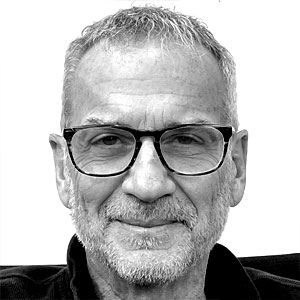
Professor of Surgery and Clinical and Translational Science
Department of Surgery
Department of Pediatrics
University of Pittsburgh
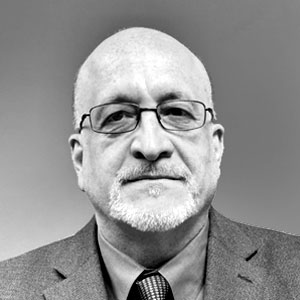
Executive Director of CPACE (Computational Pathology & AI Center of Excellence)
Associate Dean of AI in Medicine, University of Pittsburgh School of Medicine
Professor & Endowed Chair of Lombardi-Shinozuka Experimental Pathology Research
Executive Vice Chair of Computational Pathology, Department of Pathology
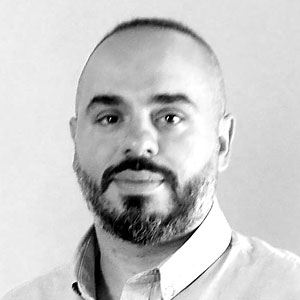
Assistant Professor of Pathology and Laboratory Medicine
Director, Engineered mRNA and Targeted Nanomedicine Core
Department of Pathology and Laboratory Medicine
University of Pennsylvania
Leader of the Medicine Design and Delivery Medicine Boards
Science Board
Special Teams Boards
STEM Training and Education for next generation Pioneers (STEPs)
STEP Opportunities for All Members
- Cross disciplinary research opportunities
- Networking and scientific advancement across multiple labs
- Mentoring from multiple expert scientists
- Opportunities for internships and summer research experiences
Postdoctoral Researchers
- Intensive training in one of four labs
- Bimonthly meetings with cross disciplinary expert scientists and clinicians
- Internship opportunities
- Mentoring experience
Graduate Students
- Intensive training in one of four labs
- Cross lab training and research experiences
- Bimonthly meetings with cross disciplinary expert scientists and clinicians
- Undergraduate mentoring experience
Apply to PhD programs at Pitt:
Undergraduate Researchers
- Summer training program at Pitt in year 1, with continued research through the academic year
- In year 2, summer experience at with University of Michigan or UPenn
- Tiered mentoring program with faculty, postdocs, and grad students
- Team building activities and experiences
Applications accepted annually from January 1 to March 31
Catalyzing collaborations in new interdisciplinary medical fields
Latest News
-
August 26, 2024CTM Research Mission Gains National Attention with Article in WIRED
- Official Launch of the CTM Highlighted by the University of Pittsburgh School of Medicine
-
December 19, 2023Pitt Surgical Luminary Honored
-
December 12, 2023Drew Weissman and Katalin Karikó win the 2023 Nobel Prize in Physiology or Medicine
-
November 21, 2023Deepak Nagrath’s Lab Highlighted in Rogel Cancer Center’s “Illuminate” Magazine



